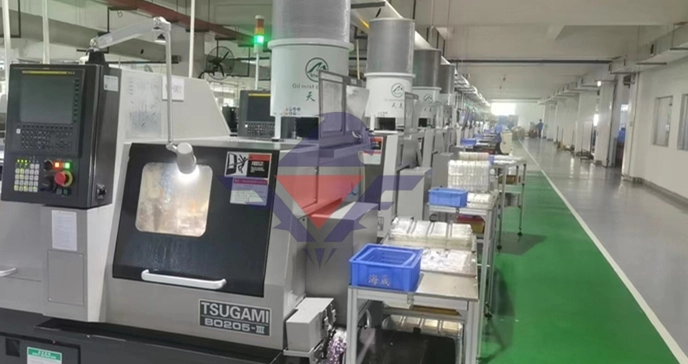
# Endotoxin Detection Kits for Accurate Bacterial Toxin Measurement
## Understanding Endotoxins and Their Impact
Endotoxins, also known as lipopolysaccharides (LPS), are toxic components found in the outer membrane of Gram-negative bacteria. These molecules can trigger severe immune responses in humans and animals, making their detection crucial in pharmaceutical, medical device, and biotechnology industries.
## The Importance of Endotoxin Testing
Regular endotoxin testing is essential for:
– Ensuring product safety in pharmaceuticals
– Maintaining quality control in medical devices
– Monitoring water purity in dialysis treatments
– Verifying sterile conditions in biotechnology production
## How Endotoxin Assay Kits Work
Modern endotoxin detection kits utilize the Limulus Amebocyte Lysate (LAL) test, which is derived from horseshoe crab blood. This highly sensitive method can detect endotoxin levels as low as 0.001 EU/mL (Endotoxin Units per milliliter).
### Types of Endotoxin Assay Kits
Several formats are available to suit different laboratory needs:
– Gel-clot kits: Simple qualitative tests
– Chromogenic kits: Quantitative colorimetric assays
– Turbidimetric kits: Measure turbidity changes
– Recombinant Factor C kits: Animal-free alternatives
## Choosing the Right Endotoxin Detection Kit
When selecting an endotoxin assay kit, consider:
– Sensitivity requirements
– Sample matrix compatibility
– Throughput needs
– Regulatory compliance (USP, EP, JP)
– Validation requirements
## Applications Across Industries
Endotoxin detection kits serve critical roles in:
– Pharmaceutical manufacturing
– Medical device production
Keyword: Endotoxin Assay Kits
– Vaccine development
– Biotechnology research
– Quality control laboratories
## Best Practices for Accurate Results
To ensure reliable endotoxin measurements:
– Maintain proper sample handling procedures
– Control environmental contamination
– Follow kit instructions precisely
– Validate methods according to regulatory guidelines
– Implement proper quality control measures
## The Future of Endotoxin Detection
Advancements in endotoxin testing include:
– Development of faster, more sensitive assays
– Increased use of recombinant technologies
– Automation for high-throughput screening
– Improved standardization across testing platforms
By implementing proper endotoxin detection protocols with high-quality assay kits, industries can ensure product safety and compliance with stringent regulatory standards.
Comments are closed